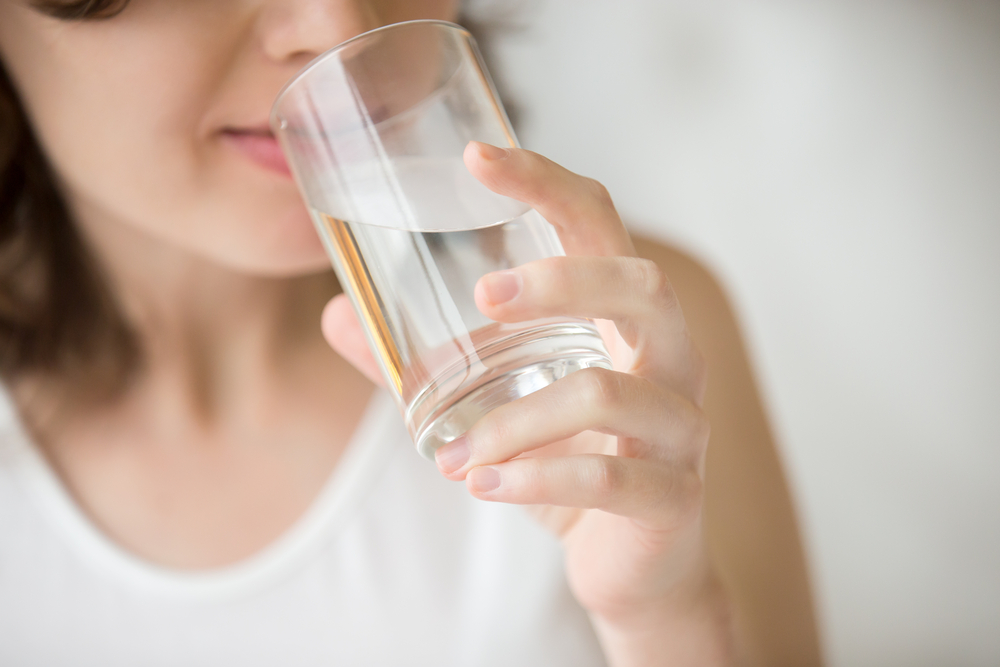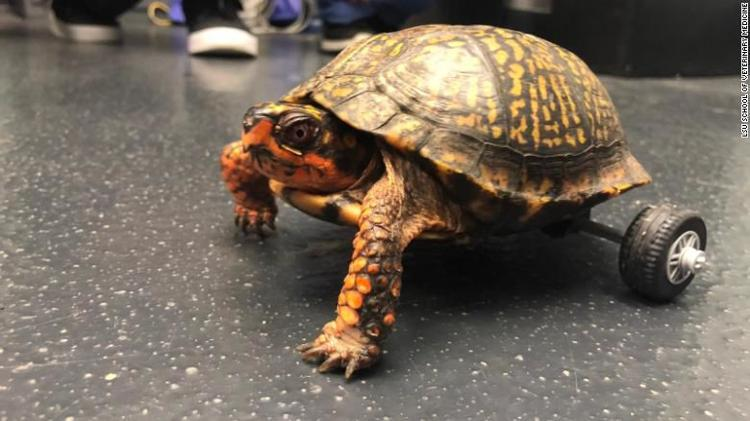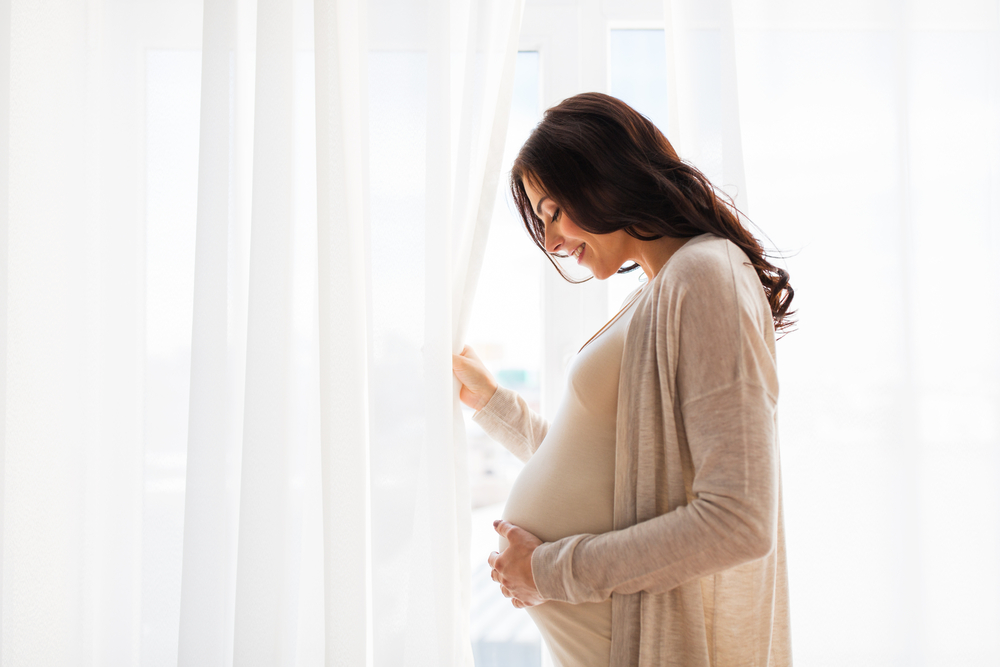When asleep, the body loses a lot of water through sweat, moisture in your breath, and urine formation. Thus, waking up thirsty is normal. If you left a glass or mug of water on a table beside your bed or the kitchen counter, you might instinctively sip on it to refresh yourself. But is it safe to drink water left overnight?
Possible contaminants in the water left overnight
If you left uncovered water in a glass, dust might well find its way to the water surface. Pet dander and small insects are also possible contaminants. It is also worth noting that bacteria from your saliva may be present if you sipped the water before leaving it overnight. More toxins may be present if had applied some lipstick that stuck on the glass’s brim.
For bottled water, the contaminants are way fewer. The seal can effectively keep off physical pollutants such as debris. Further, water bottlers usually sterilize the fluid before bottling. Thus, even if bacteria from the backwash after a sip get in the water, they have nothing to live on and may not survive. Of course, you lose all these merits if your bottled water is just tap water in a sealed container.
Are the contaminants dangerous?
Besides knowing that water left overnight may potentially harbor harmful substances, it is important to know whether the contaminants pose any threat to you. To begin with, the intake of dust and debris in the water may not cause health problems. An average human being’s immune system can sufficiently counter most of the illnesses arising from egesting dirt. At its worst, you may have a stomach upset.
The chances of becoming ill due to bacteria from your saliva are also low. It is unlikely for bacteria to negatively affect the host they originated from. However, Dr. Marc Leavey of Mercy Medical Center warns against being too comfortable with reintroducing saliva bacteria in the body. She asserts that after hours, the bacteria incubate and can “make you ill.”
Indubitably, the risk of infection increases if you drink from a glass or bottle left by somebody else. A person with a weak immune system, probably due to an impending illness, may get sick by sharing water containers left overnight.
Bacteria from sources other than saliva also don’t pose a great risk. In reality, bacteria, sufficient to make a culture, may collect in uncovered water. However, it may take numerous bacteria to successfully infect a healthy human.
Leaving water overnight in the car
Cars are warmer than most houses. The higher temperatures provide an ideal environment for bacteria to incubate and thrive. Even efforts like placing bottled water under a car seat may not keep the water cool enough to prevent bacterial breeding.
The infection risk escalates if you leave water overnight in the car and drink in the morning after sunrise. If your water bottle is plastic, it may contain bisphenol A (BPA) after exposure to sunlight. Over time, BPA intake may negatively impact your health.
It may be tempting to turn to metal water bottles. However, they may not be the solution as they warm quickly allowing bacteria to breed. The same case applies to BPA-free containers. Thus, if driving, be sure to finish your water in one sitting.
Safety practices when drinking water
As far as drinking water from a glass goes, it would be ideal to only pour water that you can finish in a single sitting. If you must drink water left overnight, be sure you aren’t sipping on a mug used by another person. Covering the glass to avoid physical pollutants is also a good practice.
When it comes to bottled water, keep the bottle away from sunshine or warm environments. It may also help if you poured water into the mouth without placing your lips on the bottle.





